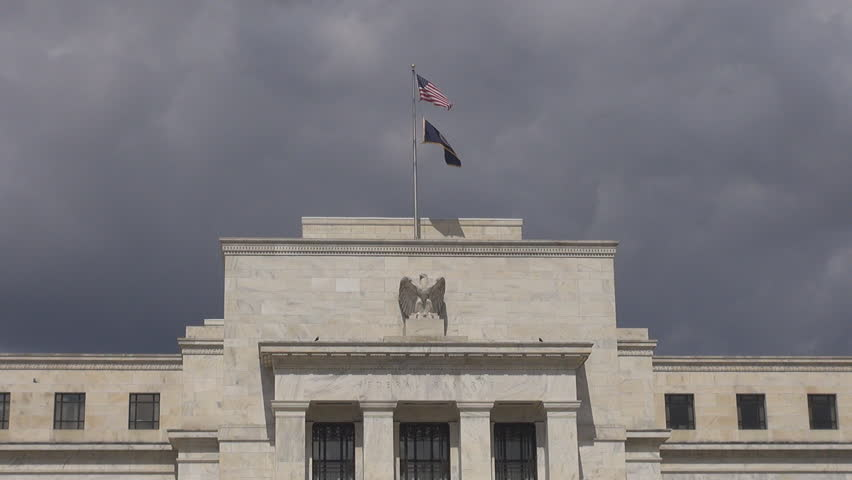The recent Federal Reserve meeting saw the Fed raise interest rates again to fight inflation. The Fed's 0.25% rate hike to 5.25–5.50% was the 11th of this aggressive cycle, leaving investors uneasy about the impact on growth. Powell tried to reassure markets that the Fed wouldn't blindly hike rates, but his vagueness gives no clue for the September meeting. He conceded that slower growth is required to tame inflation, stoking recessionary fears. While inflation is moderating, prices remain painfully high for many Americans, especially food prices. However, The Fed is laser focused on lowering inflation but tiptoes towards a rate pause as recession risks grow. Markets yearn for clarity or clues as to whether more rate pain is in store, but as of now, nothing is clear.
EQUITY
Asian equities rallied Thursday as the Fed's no-surprise action and positive recession outlook buoyed risk appetite. Tech stocks surged, led by Samsung's upbeat demand, while expectations of Chinese stimulus lifted mainland shares. Japanese equities, however, lagged ahead of potential BOJ policy tweaks. U.S. stocks surprised analysts with how small the market moves despite highly anticipated data, as investors are busy assessing earnings to determine the economy's resilience going forward.
GOLD
Gold prices rose as the US dollar weakened on Fed comments that the next meeting decision will be data dependent. However, prices remain volatile as traders weigh upcoming economic data and other central bank decisions, which could impact gold. The near-term outlook appears balanced for gold as a weaker dollar and falling industrial profits in China lend support, but a higher rate outlook may limit gains.
OIL
Crude oil prices seesawed this week, rising Thursday on tight supply and anticipated Chinese demand after falling Wednesday due to a subpar drop in US crude stockpiles and another Fed interest rate increase. The Biden administration plans a soft enforcement approach against companies involved in Russian oil, avoiding harsh enforcement threats that could disrupt markets.
CURRENCY
The US dollar fell after the Federal Reserve signalled this could be the last hike, while the euro rose ahead of the European Central Bank's expected 0.25% rate increase later on Thursday. Market risk appetite was boosted, though the ECB has left the door open for further hikes. The Japanese yen remained under pressure, although the Bank of Japan expected to maintain its ultra-loose monetary policy.













